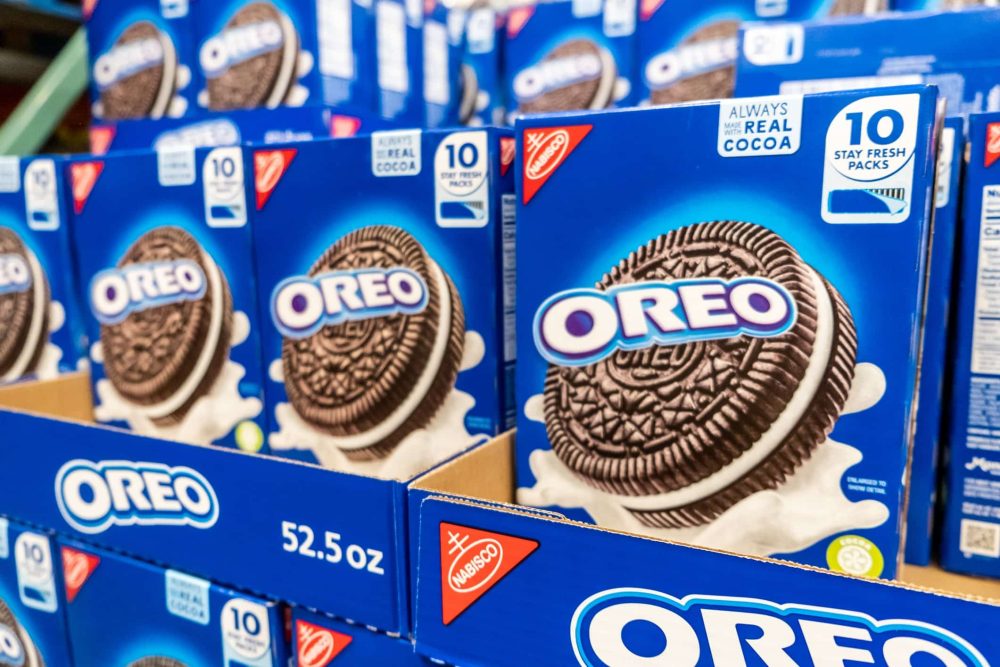Mondelēz, the owner of Toblerone, Milka, and Oreo, has been fined €337.5 million (£288 million) for engaging in anti-competitive practices in the EU.
The US-based food giant was found guilty of 22 unfair trade practices.
These practices prevented wholesalers, shoppers, and traders from buying chocolate bars in member states up to 40 percent cheaper or selling them in markets where they could command higher prices.
Margrethe Vestager, the EU’s competition commissioner, condemned Mondelēz’s actions, stating, “It is blatantly illegal.”
She said the fine sends a “clear signal” that the commission will penalise any company violating single market rules.
Vestager added: “This case is about the price of groceries, which is a key concern to European citizens – and even more obvious in times of very high inflation, where many are in a cost of living crisis.”
She said the EU probe, which began in 2019, revealed that Mondelēz had “illegally restricted retailers from sourcing these products from member states where prices are lower” to maintain higher prices.
“This harmed consumers who ended up paying more for chocolates, biscuits and coffee.”
Mondelēz “illegally restricted retailers from sourcing these products from member states where prices are lower”
The restrictive practices violated internal market rules designed to allow shoppers to buy from different member states if products were cheaper and manufacturers or wholesalers to sell in markets with higher prices.
Vestager explained that “parallel trade” is central to the single market concept.
She noted the price differences for chocolate between member states ranged from 10 to 40 percent and sometimes even more.
Need Career Advice? Get employment skills advice at all levels of your career
The commission found that Mondelēz had prevented 11 distributors from making such sales by imposing contractual restrictions or requiring case-by-case permission.
It also found that Mondelēz had abused its dominant market position.
In one instance, Mondelēz removed Côte D’Or chocolate bars from shelves in the Netherlands to prevent retailers from reselling them in Belgium, where prices were higher.
In another case, it blocked a wholesaler from purchasing its chocolate in Germany, where it was cheaper.
Vestager described the breaches as “very serious” but acknowledged Mondelēz’s cooperation with the investigation.
Due to this cooperation and the “efficient resolution” of the case, the commission reduced the fine by 15 percent.
Follow us on YouTube, X, LinkedIn, and Facebook




